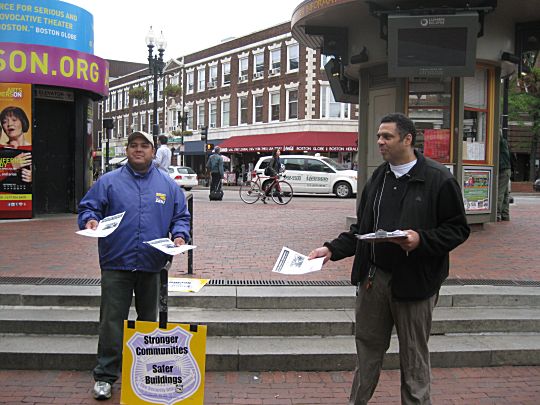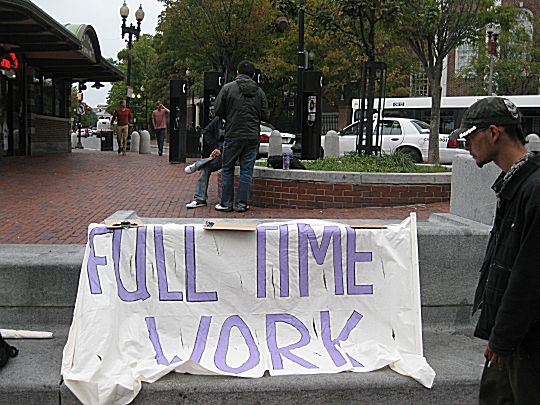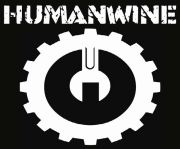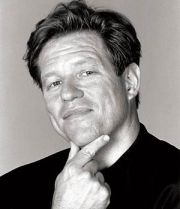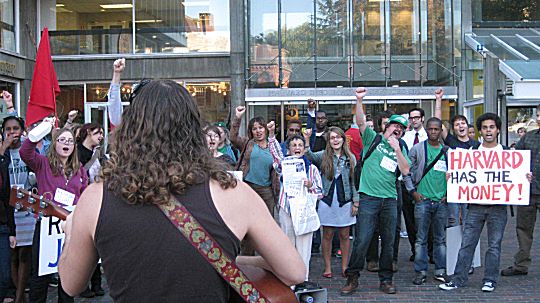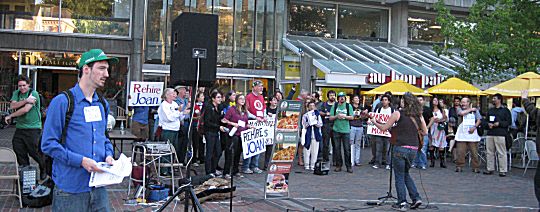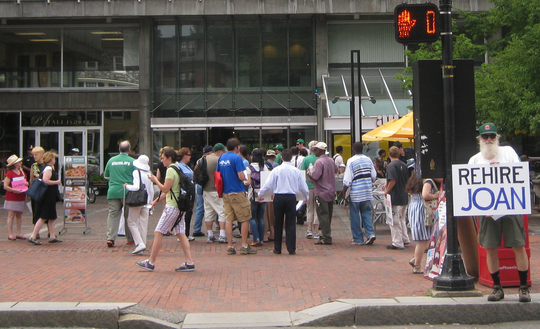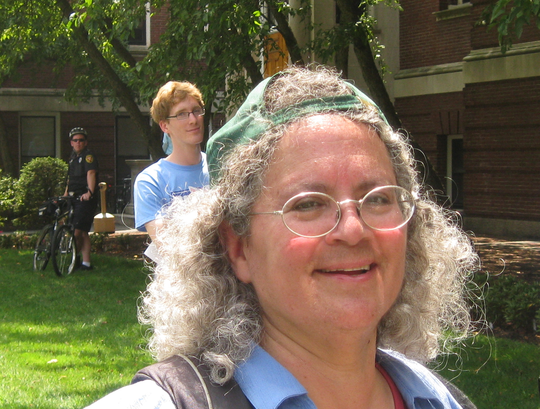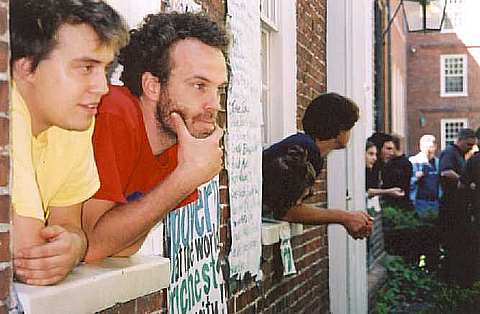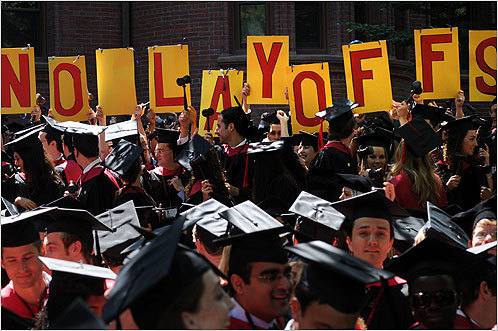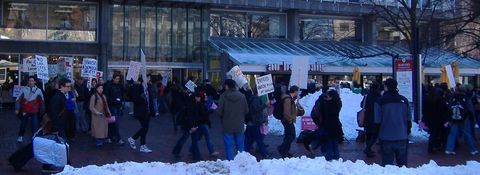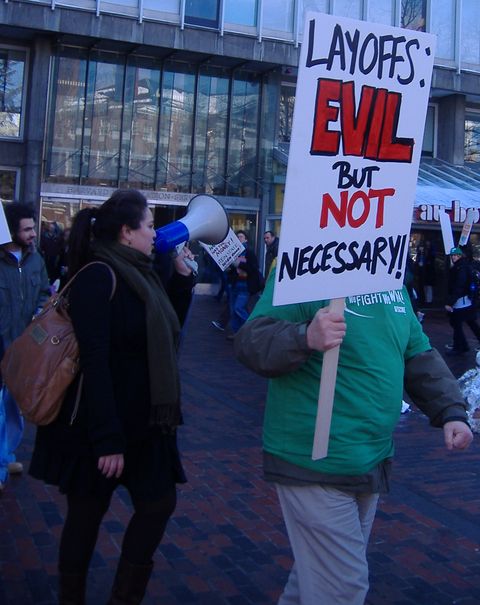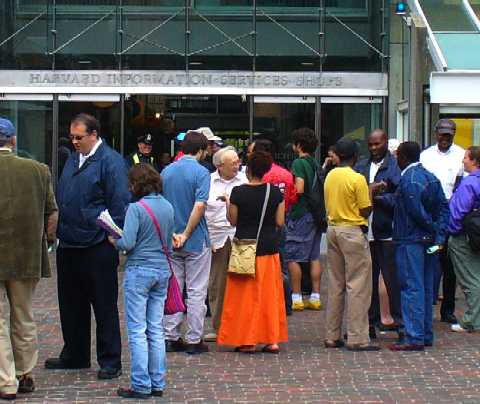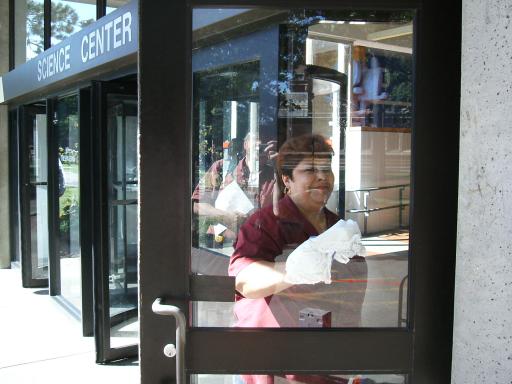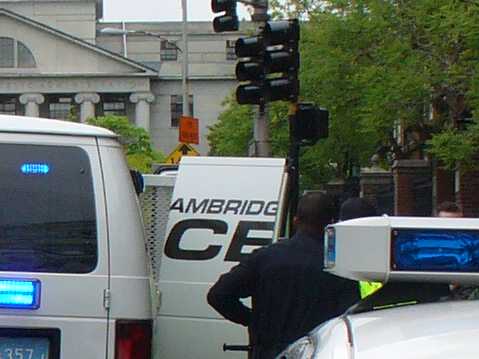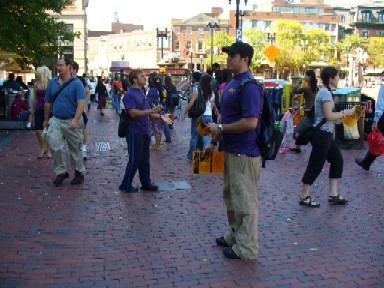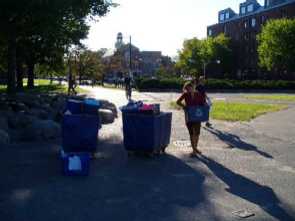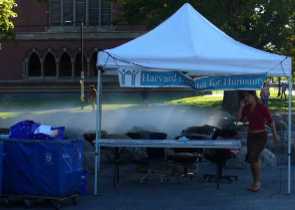A brief campaign statement for the position of Union Representative in the Harvard College Library.
Just before the first snow of the year, a new University Task Force Report drifted down upon the Harvard campus. This one, sponsored by the University Provost Dr. Stephen Hyman is about the Libraries – all 73 of them which President Drew has called a scandal. The management of the Harvard Libraries needs to change to address the crisis ofcapitalism The Endowment and the challenge of the internets. What are the proposed changes, who will be affected, and how? The Task Force sought to deal in sweeping generalities. They have handed in their report leaving implementation details to The Implementation Group.
One of two serious problems with the report is the total neglect of any consideration of Green House Gas Emissions. A major revamp of the libraries, which of necessity will require redirection of substantial fixed as well as variable capital should include as a constraint, the reduction of GHG emission. President Drew quoted Ban Ki-moon at Commencement, “Global Warming is the defining issue of the age.” Was the Provost AWOL during that part?
The other serious problem is that Labor was unrepresented on the Task Force. Much of the work that ‘needs restructuring’ is performed by members of HUCTW. They want to make the Libraries university wide, but did not hear from the largest existing university wide organization in the picture. If you’ve really been paying attention, you will realize that these ‘two issues’ are intimately related. Unlike the ideological left, I do not believe that addressing Labor without explicit consideration of the time-scale of global warming is to have too much in common with capitalism.
The report does not recognize that Libraries were invented basically to deal with shortcoming of the idea of private property. Libraries are the common relative to the political economic unit that pays for them. Harvard is chartered by the Commonwealth of Massachusetts and paid for in part, by way of opportunity cost, the citizens of Cambridge, Longwood, and Allston.
In fairness, I should mention that, given the current leadership of the union, had they been included in the Task Force, I would probably be complaining about their performance. This is why I am running for Union Representative in the Harvard College Library and Executive Board Member in the FAS Arts Region under the current districting plan. The proposed centralization of the Libraries makes it essential that we redistrict the union so that the Libraries are their own district. I am available for any new positions that may occur due to that.
1. Establish and implement a shared administrative infrastructure.
Administrative services that will be markedly strengthened by centralization include many information technology functions; most preservation functions; and certain significant technical services such as acquisitions and cataloging.
Translated into labor terms, (with the exception of IT1), there will be less people doing these jobs at Harvard in the future. Add to this remarks like Nancy Cline’s, “were looking at buying catalog records from an outside vendor”. This plan to outsource cataloging jobs will be more likely in a more centralized environment.
2. Rationalize and enhance our information technology systems.
The origin of the ‘irrational’ information infrastructure is glossed over. I submit that a big part of the problem has been management afraid of technology and insisting on hiring specialists to allow them to continue operating with minimum perturbation of their own jobs. Rather than using technology to extend their own capabilities, they hire someone to translate old ideas into the new reality. Workers who make the effort on their own to know what’s happening in the wider world are punished or marginalized. In the college libraries, websites sprang up because interested employees thought it would help their organizations. Each one had its own look, but because the information was entered by the people closest to its origin, the were accurate. One of the early moves in centralization was to kill off these examples of Zittrain’s generative internet and impose a top down approach which requires extensive communication off the net to get the sites to be accurate.
3. Revamp the financial model for the Harvard libraries.
What’s remarkable here is there is no mention of “Every Tub on It’s Own Bottom” which is second only to “Eating Your Children” to endowment fundamentalists. Is somebody going to be able to get the Widener’s, the Langdell’s and the Baker’s to agree on this? [The word tub appears once and subtub once, but the whole phrase not at all.]
4. Rationalize our system for acquiring, accessing, and developing materials for a “single university” collection.
Another expression of centralization which if implemented as in the past means ‘out with the old employees in with the new’.
5. Collaborate more ambitiously with peer libraries and other institutions.
This recommendation has the potential to be good for a broad range of people including labor at Harvard and the other institutions. Whether good things find there way into reality depends on whether HUCTW can be vastly more effective than it has been in relating to labor at the other institutions. One question the Task Force report does not ask; Why does such cooperation not already exist? Have the libraries at other institutions been reluctant to work with the Harvard Libraries?
Among the principles to be kept in mind in implementing these recommendations, the Task Force has included:
Strategic investments must be made in human capital to achieve these objectives and reforms.
On its face this sounds good, but based on past experience, I have to wonder if the reality will be a continuation of existing trends – ‘investing’ in new narrowly specialized employees instead of current employees who in many cases are more flexible and able to learn than the managers they work for. I don’t speak for the No Layoffs Campaign, but to me ‘No Layoffs’ doesn’t mean that people will be doing exactly the same thing three years from now as they are doing now. Who wants to be bored like that? It means that learning will be a natural part of work rather than factory style acquisition of commodity training. The Libraries specifically and Harvard generally have to commit to it’s employees on all levels. The question of levels itself, I’ll discuss later.
1This phrase, in and of itself, presupposes an industrial model of information infrastructure which I have strong doubts about.
